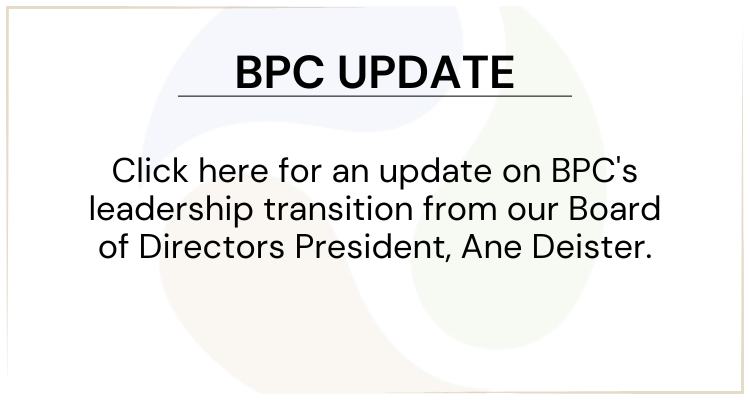|
SACRAMENTO – In a Saturday editorial, the San Francisco Chronicle reiterated their support for thoughtful reforms of CEQA that balance both economic and environmental goals. The Chronicle urged Senate Pro Tem Steinberg to bring all parties to the table during this negotiation process to ensure his SB 731 is amended to ensure true CEQA reform is achieved. Excerpts from the editorial are below. The full editorial can be read here. The Chronicle is one of many newspapers throughout California that have editorialized in favor of meaningful CEQA reform this year.
San Francisco Chronicle, Editorial, August 17, 2013, “CEQA Reform Bill Falls Short”
- “The version of Steinberg’s SB731 that advanced out of the Assembly Local Government Committee last week falls measurably short of what should be the ultimate goal of any CEQA reform: to reduce the duplication of project reviews and to stop the exploitation of an environmental law to achieve objectives (such as unions using lawsuit threats to coerce labor agreements) that have nothing to do with the environment.”
- “But the latest version of SB731 misses the mark in three important ways.”
- “It fails to require forthright disclosure of the real interests behind CEQA lawsuits…”
- “The focus on infill development, while worthy, does not cover other types of environmentally friendly projects that have been subject to CEQA abuse…”
- “The bill includes requirements that could lead to new avenues for CEQA litigation, such as a requirement that government agencies prepare an annual report on a project’s compliance with mitigation measures…”
- “Steinberg is a leader, and one of the Capitol’s premier problem solvers, and he should get everyone back at the table – including the business groups, which have been feeling shut out – to find the elusive middle ground that can serve the economic and environmental objectives that are being undermined by CEQA abuses.”
|


